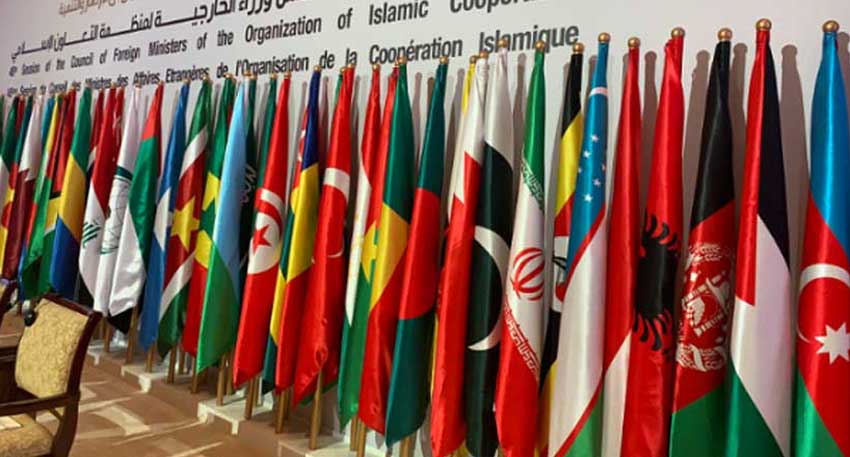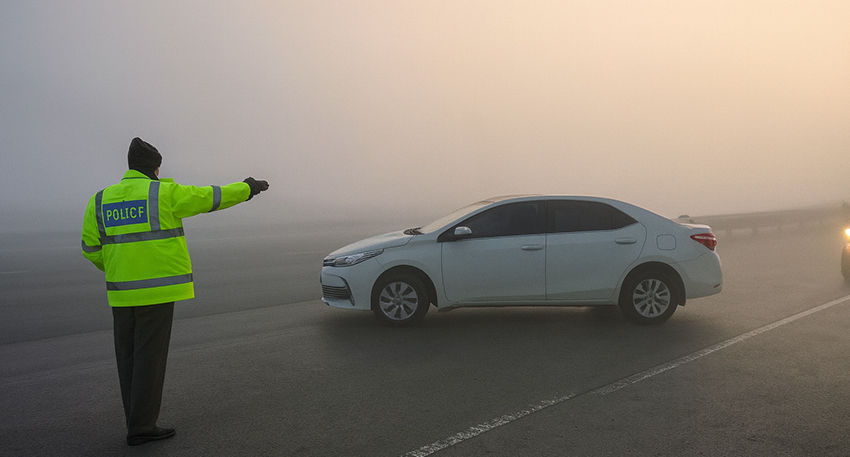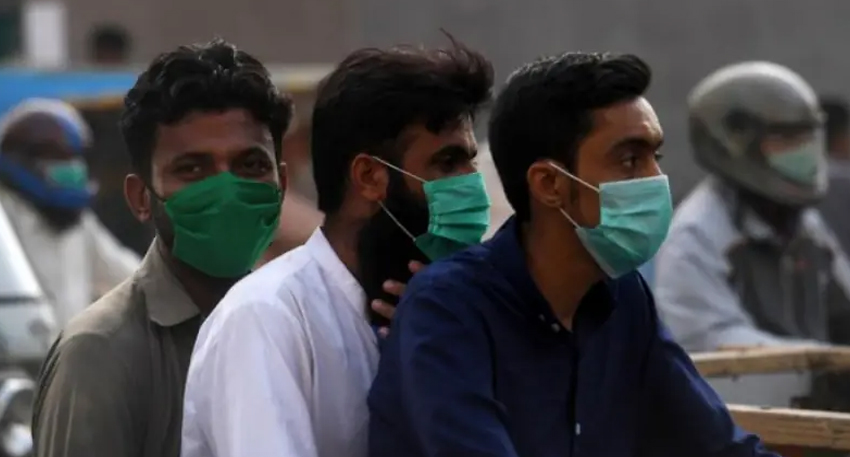
The statement emphasizes:
• Condemnation of unprovoked violence against Muslims, especially by far-right Hindu nationalists scapegoating Muslims for the Pahalgam attack.
• Urges a prompt, impartial international investigation to ensure justice and protection of civilians.
• Cites India’s responsibilities under international human rights law (ICCPR, ICESCR, ICERD) to protect minorities from hate speech, violence, and discrimination.
• Urgent appeal to the Indian government to break the cycle of hate, ensure safety, and bring perpetrators of hate crimes to justice.
• Call to international bodies like the UN to monitor and intervene using special procedures to protect Muslim minorities.
• Rejection of India’s actions post-August 5, 2019, including changes to IOJK’s demographic status, political repression, and denial of Kashmiris’ right to self-determination.
Demands:
India must restore fundamental freedoms in IOJK.
• Release political prisoners and end collective punishment.
• Permit UN and OIC access to IOJK.
• Allow a free and fair referendum under UN/OIC resolutions.
Legal Value and Commentary
1. Normative Strength
• The statement draws on binding international legal instruments to frame its critique: ICCPR, ICESCR, and ICERD. These are core human rights treaties, many of which India has ratified, making the obligations legally binding under international law.
• Citing specific articles (e.g., Articles 2, 18, 26, and 27 of ICCPR) gives the statement legal precision and credibility.
2. Political and Diplomatic Significance
• While not enforceable like a court ruling, the OIC’s IPHRC carries moral and diplomatic weight in multilateral forums.
• It bolsters Pakistan’s position in international diplomacy and can be used to mobilize global opinion, particularly in the UN Human Rights Council and OIC platforms.
3. Human Rights Advocacy
• The call for a UN fact-finding mission or Commission of Inquiry is a serious request. If adopted by the UN, it could lead to formal documentation of abuses in IOJK.
• The push for international scrutiny and access to IOJK strengthens the global narrative around human rights violations.




